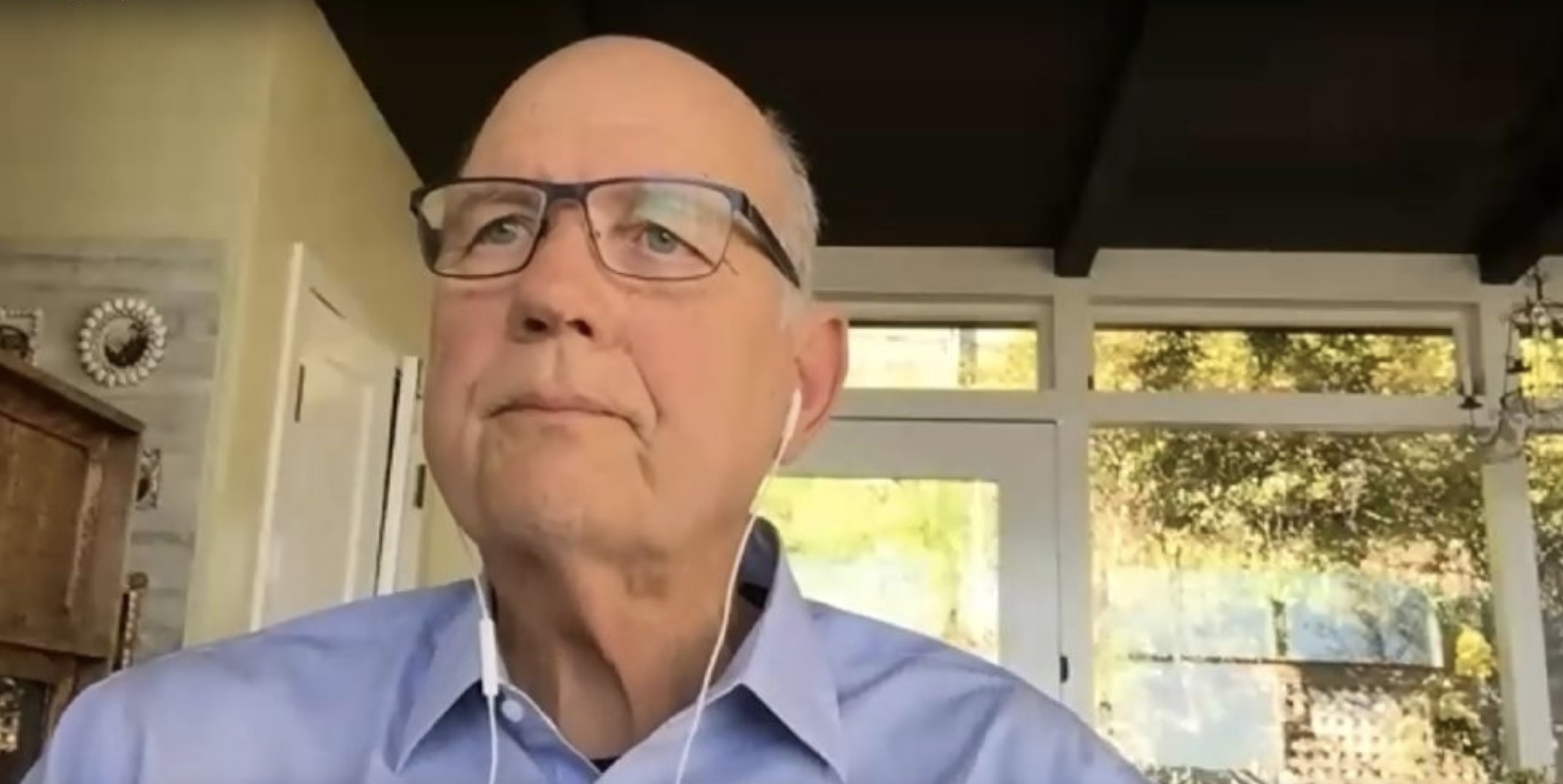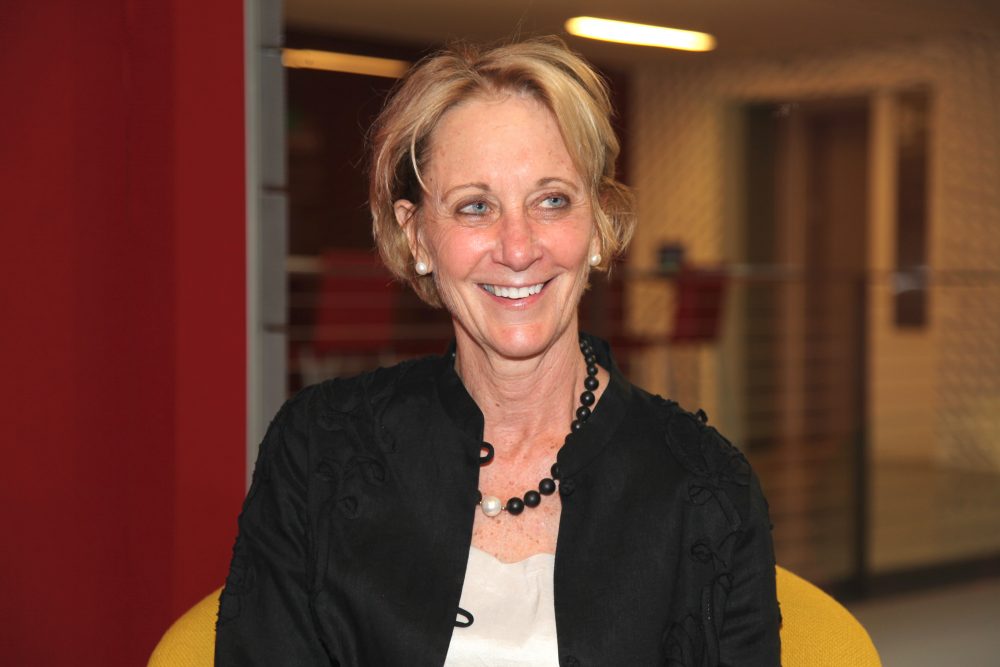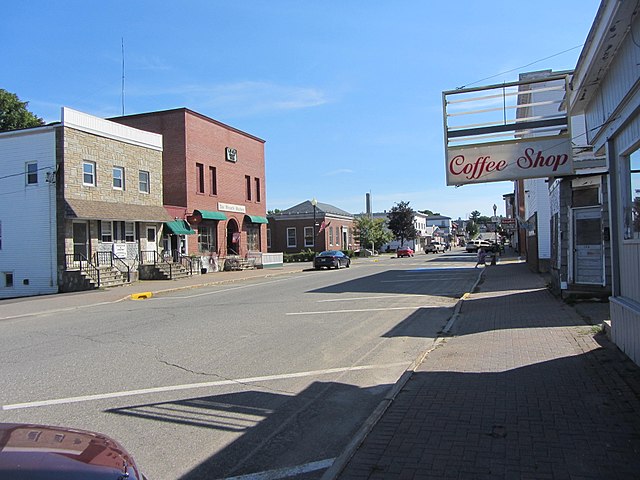Armed With Broadband, Libraries Are Resuscitating Communities Ravaged by COVID-19
No offense to Melvil Dewey, but what does his system of decimals have on the algorithmic horsepower of the Google search engine?
David Jelke

May 27, 2020 — What’s the role of a library in a time of crisis? Truthfully, I had no idea. Probably none, I would have thought.
Libraries to this 20-something tech reporter represented a societal relic. A cultural residue of older solutions to problems. One that has been preserved either for the whims of researchers who wear half-moon glasses, or for nostalgia.
No offense to Melvil Dewey, but what does his system of decimals have on the algorithmic horsepower of the Google search engine?
After interviewing several heads of libraries, I found what I had been missing. Libraries are still around because they show the will to stay alive. Important to this life force is the fact that many libraries adapt. They do so in order to continue to be the repository of mankind’s knowledge — and a bridge to the future while fully rooted in the community, without ceding that future to a startup’s server farm in a country with the cheapest land prices.
What can libraries do?
Turns out, libraries can do a lot. Libraries promise to keep citizens competitive and informed, to help combat the worst excesses of the information age, but also to keep pace with it at a safe distance.
“Who says that who doesn’t want your wallet, or your soul?” Don Means, CEO of the Gigabit Libraries Network, said in an interview with Broadband Breakfast. Gigabit Libraries connects innovative libraries to one another and offers grants so that they may update their technology and connect their residents to high-speed broadband.

Means boasted of the many unexpected ways in which libraries are useful. In today’s economy, “you can’t apply to a job at McDonald’s without going online,” Means said, putting emphasis on “can’t.”
Libraries also serve as sanctuaries for people without broadband, who lack important resources and have nowhere else to go. Means emphasized the universal nature of libraries. For example, undocumented immigrants trust librarians, Means told me.
It goes further than that: Refugees from both law and from natural disasters can find a sanctuary in libraries. During Hurricane Katrina, “people took generators and access points to the library” to create broadband, Means said. “Charlie Manson could walk into a library and they’d serve him,” Means added, with unqualified pride.
But Means is convinced that broadband and youth are critical to the library system’s survival. “I refuse to roll over,” Means said of the resistance he faced in modernizing some libraries.
If kids don’t get high-quality broadband in their communities, he said, “then the kids will leave.” He also noted that there has been a 50 percent increase in demand of e-books from libraries during COVID-19. Libraries have been more than happy to oblige.
Libraries are ‘incredibly committed’ to the communities in ‘flyover country,’ says Deb Fallows
Americans are generally unaware of “how incredibly committed libraries are to their mission of serving the people,” said Deb Fallows, co-author of Our Towns.
Fallows and her husband Jim Fallows visited dozens of towns in a single-engine prop airplane to research the book. Fittingly, those towns are often referred to as “flyover country”— small parts of rural America that often lack a reliable broadband connection.

Along the way, she connected with many of the country’s librarians and heard their stories. She recounted to me that in the town of Ajo, Arizona and Eastport, Maine, the latter of which has a population of 2,000, the public library is the only location in town that offers a wireless connection. Libraries in less remote towns she visited provide connectivity when residents “can’t afford a $4 latte” at the nearest cup-runneth-over-with-broadband coffee shop.
The libraries she visited provided a boon of vetted information about the coronavirus and what people can do to keep their families safe. “Libraries have said, ‘Here’s everything you need to know about this virus,’” Fallows told me. “Nothing’s going to stop them, not even the virus.”
The ‘one-horse town’ of Millinocket, Maine, gets its library back
Matt DeLaney, custodian of the Millinocket Memorial Library in Maine, remembered when he first arrived in the “one-horse town” that was to be his new home. Millinocket was economically decimated from the closing of its flagship paper mill in the wake of the 2008 financial crisis. Millinocket’s population shrank from 8,000 to 4,000, and the town’s library folded not long thereafter.
Those who chose to remain were hardened by the ensuing years of poverty and became weary of outsiders, DeLaney said.
In 2016, when DeLaney was hired to revive the library, he found himself amidst a “little bit of a fractured community,” and that the residents, while kind, were “somewhat distrustful.”

He spared no time in reviving the library he was hired to lead. His first order of business? Apply for a grant to update the library’s handful of 10-year old computers with new computers, servers and routers.
He also worked with Gigabit Libraries to access TV “white space,” or the unused radio frequency spectrum near the television band, to bring better-quality broadband to the townspeople. The grant was quickly approved, and for the first time in years, money began flowing back into Millinocket.
“The fact that someone outside of Millinocket believed in Millinocket” excited residents and showed them the potential of what a library could be, said DeLaney.
“It was kind of a real underdog story,” said DeLaney, not immodestly. He was later was awarded Maine Librarian of the year for his efforts. Upon receiving the phone call about the award, he said, “at first I thought it was a scam.” He chose to accept the honor after verifying its legitimacy.
DeLaney’s many accomplishments include constructing a new $2 million building in Millinocket. The opening of the building was postponed due to the coronavirus outbreak.
DeLaney’s efforts go far beyond the grant and the new building, which he mentioned to me almost as an afterthought. Prior to the pandemic, the library’s most popular service was lending out mountain bikes, canoes and kayaks.
While the physical library was temporarily closed due to COVID-19, DeLaney trained 35 community volunteers to deliver food and medicine to the townspeople. He and his crew raised $7,500 for relief fund to help feed the townspeople who had been laid off. He reconfigured the library’s hotspots to allow for 24/7 Wi-Fi in the parking lot.
He directed trainers to be “phone buddies” for the more vulnerable residents by teaching them how to work Instacart, as well as offering other Zoom classes and story time. All of these were coordinated through the library’s GoFundMe-like website, MobilizeKatahdin.org.
Libraries in other small towns also helping people ‘thrive at home’
The success story of the Millinocket library and its new effectiveness in the age of coronavirus is not an isolated incident in one remote town.
Stephen Houser, head of the Twin Lakes Library System in Georgia, also moved his library’s services online. Its new “thrive at home” program now offers community members coping with quarantines such digital opportunities as book clubs, mixology, yoga, gardening and story time.

The library also hosts a school lunch program, which has been so successful that Houser described “lines snaking through our parking lots and spilling onto the streets.”
Libraries, Means told me, provide an interface between the abstract concept of broadband and one’s communications experience at home. “We’re never doing things that are irrelevant.”
Editor’s Note: Broadband Breakfast is proud to be Media Sponsor of the Gigabit Libraries Network webinar series, “What is a Library If the Building is Closed?” To attend the event on May 29, 2020, at 11 a.m. ET, please register at “Libraries in Response: Reopening strategies in Ohio und Deutschland.”









Member discussion